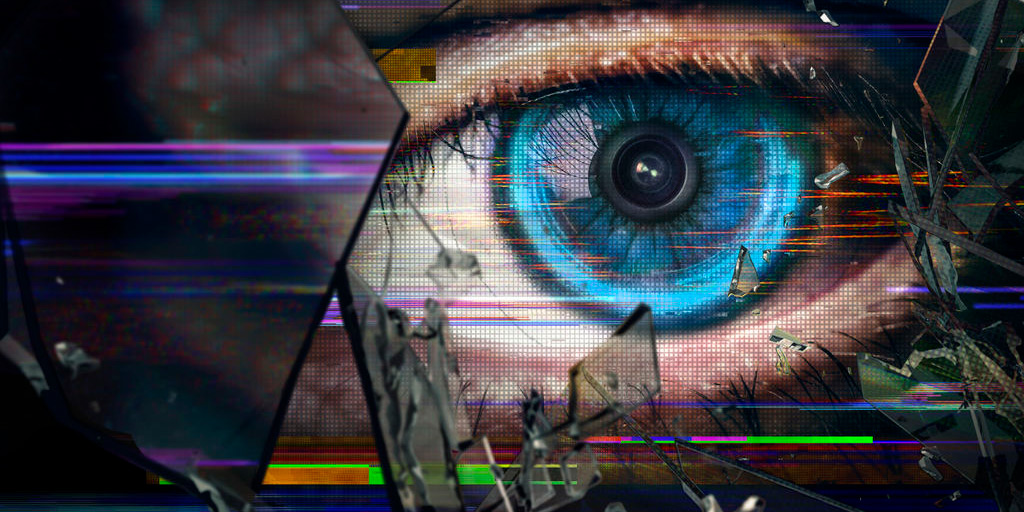Netflix Fix: Dive into dystopian darkness with Black Mirror
 CREDIT: ZEPPOTRON, HOUSE OF TOMORROW (PRODUCTION COMPANIES) ENDEMOL UK (DISTRIBUTOR)
CREDIT: ZEPPOTRON, HOUSE OF TOMORROW (PRODUCTION COMPANIES) ENDEMOL UK (DISTRIBUTOR)Black Mirror paints a dark picture of multiple dystopian futures that don't reflect all that well on humanity.
When Black Mirror aired its first season in 2011, it didn't make that big of a splash. This highly underrated British show steadily made progress and appeared to explode once it was picked up by Netflix along with the release of its third season.
The premise of the show is simple. Black Mirror highlights the fact that technology does not always make our lives better and that in a lot of ways, it can contribute to our own demise, socially, economically or literally, in a brilliant and thought provoking way.
The best part about Black Mirror (other than the writing, cast and special effects), is the fact that you can watch each episode as a standalone. Think an episode in season three sounds just like your cup of tea? Just go ahead and watch it. You don't need the context of the previous episodes to know what's going on in another episode; each is its own story, set in its own dystopian future, with its own unique set of characters.
That being said, the genius of Black Mirror comes from its expert world building. The believability of each episode, though initially confusing at first in some cases as you try and uncover what's going on in this new world, pulls you in and makes it difficult to turn away.
Good science fiction is always an allegory for something else; movies and TV shows about space ships, monsters or futuristic technology should have a deeper meaning that needs to be uncovered. Black Mirror is all about social commentary, I mean, it's literally in the title of the show. Each episode depicts an exaggerated version of what technology is already doing to our society and the show reflects the darkness of what may be in our future if we don't take the repercussion of our expanding technological advances seriously.
Sure, we don't live in a world where everyone is ranked based on their social media ranking, forcing everyone to put on a show for the world and hide their true emotions (Season Three: Episode One, “Nosedive”), or a world where an F-bomb dropping animated cartoon bear can run in an election and actually has a shot at winning (Season Two: Episode Three, “The Waldo Moment”), or even in a world where you can record and playback all your interactions with nothing more than a thought (Season One: Episode Three, “The Entire History of You”).
However, we do live in a world obsessed with our social media accounts, where distrust for politicians is at an all-time high and one where we can Internet-stalk our exes and relive both wonderful and horrible memories.
Black Mirror will make you think, as all good TV should. But this show takes it a step further and forces you to reexamine how you see yourself and the world we actually live in and if it's actually a good time to be alive. Because wouldn't it all be simpler if technology didn't rule our lives as it does now?
Also worth mentioning about Black Mirror, is it's fantastic cast which includes starts such as Jon Hamm (Mad Men), Hayley Atwell (Agent Carter), Bryce Dallas Howard (Jurassic World), Domhnall Gleeson (Star Wars: The Force Awakens) and Daniel Kaluuya (Get Out), just to name a few.
If you're thinking about taking a dive into the dark hole that is Black Mirror, Interrobang recommends Season Three: Episode Four, “San Junipero”, which took home two 2017 Emmy awards for Outstanding Made for Television Movie and Outstanding Writing for a Limited Series














